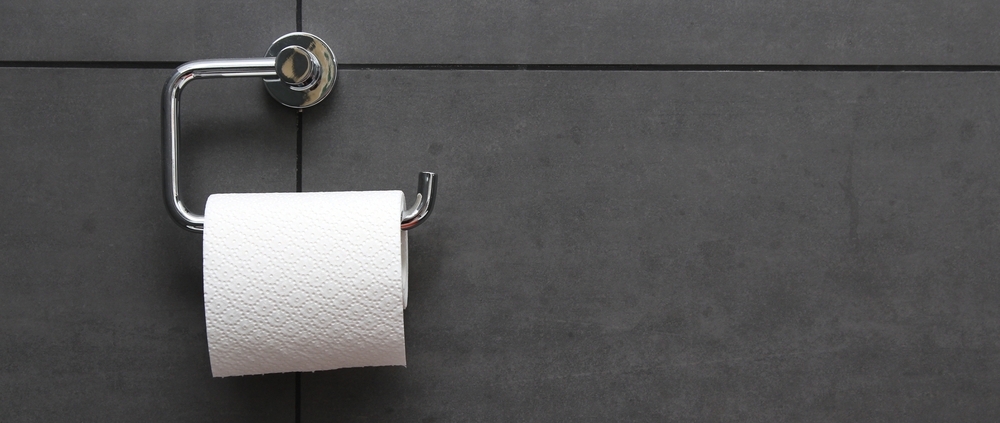When Should I Make Wudu If I Suffer from Urinary Incontinence?
Hanafi Fiqh
Answered by Shaykh Yusuf Weltch
Question
As a sufferer of incontinence and a follower of the Hanafi madhhab, I know I am supposed to make wudhu after the prayer has started. My question is regarding the time of the Friday prayer. Is it sufficient for me to make wudhu when the time for zuhr starts and pray Friday prayer with that, or do I need to wait until the khutbah starts and make wudhu then? So if the time for zuhr is 1:00 pm and the khutbah starts at 1:30 pm, is it valid to make wudhu after the time of zuhr before the khutbah?
Answer
In the Name of Allah, the Most Merciful and Compassionate
If you have fulfilled the conditions to be excused due to incontinence, you must make a new wudu when prayer time enters.
Note that the prayer time for dhuhr is the same as that for jumu’a. Soon as the time enters, you can perform wudu. There is no need to wait until the khutba.
The conditions to be considered excused are as follows:
- One must experience an excuse that invalidates wudu (such as incontinence) and lasts one entire prayer time, so there is no time in which a valid wudu and prayer can be performed.
- If this condition is met, one is considered excused and will remain as such until one entire prayer time comes and goes, and no portion of the excuse presents itself. [Shurunbulali, Maraqi al-Falah]
Hope this helps
Allah A’lam
[Shaykh] Yusuf Weltch
Checked and Approved by Shaykh Faraz Rabbani
Shaykh Yusuf Weltch is a teacher of Arabic, Islamic law, and spirituality. After accepting Islam in 2008, he then completed four years at the Darul Uloom seminary in New York where he studied Arabic and the traditional sciences. He then traveled to Tarim, Yemen, where he stayed for three years studying in Dar Al-Mustafa under some of the greatest scholars of our time, including Habib Umar Bin Hafiz, Habib Kadhim al-Saqqaf, and Shaykh Umar al-Khatib. In Tarim, Shaykh Yusuf completed the memorization of the Qur’an and studied beliefs, legal methodology, hadith methodology, Qur’anic exegesis, Islamic history, and a number of texts on spirituality. He joined the SeekersGuidance faculty in the summer of 2019.
